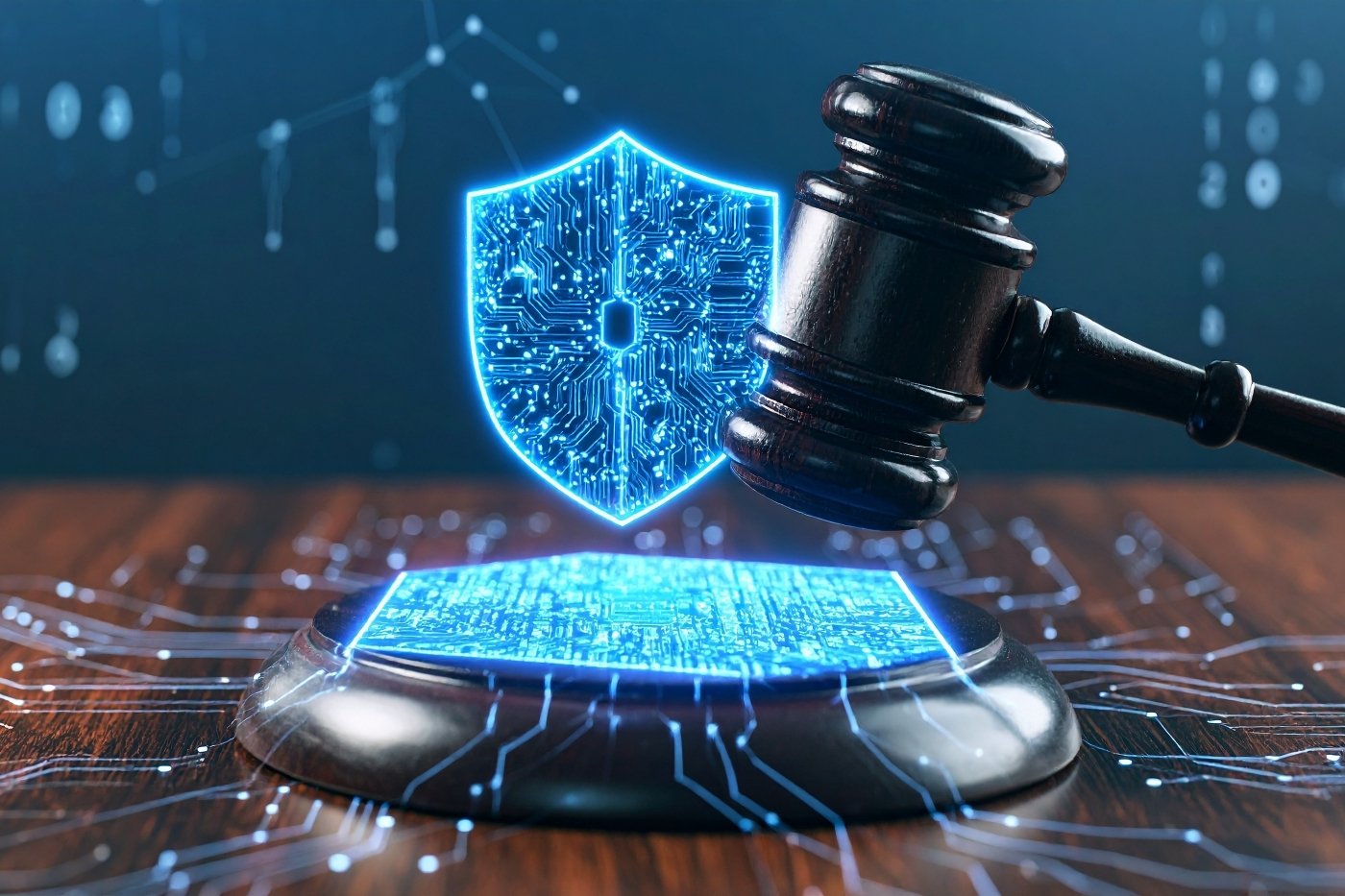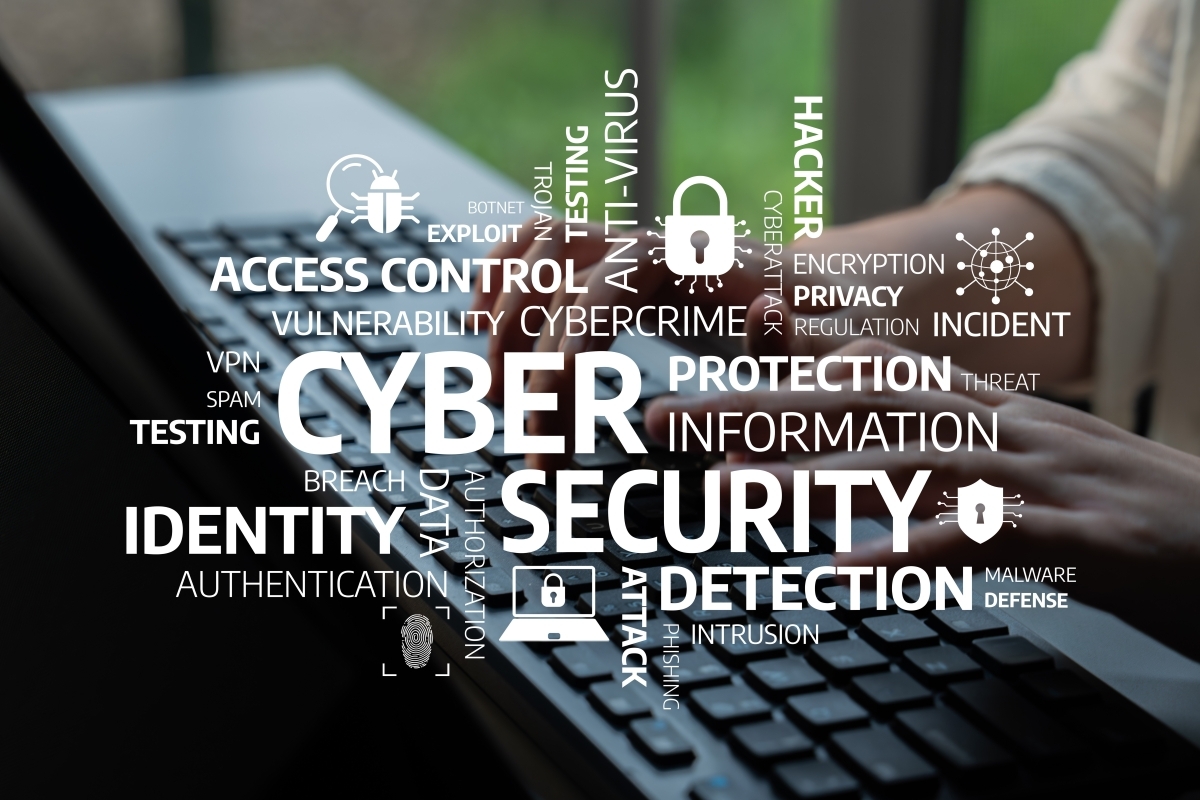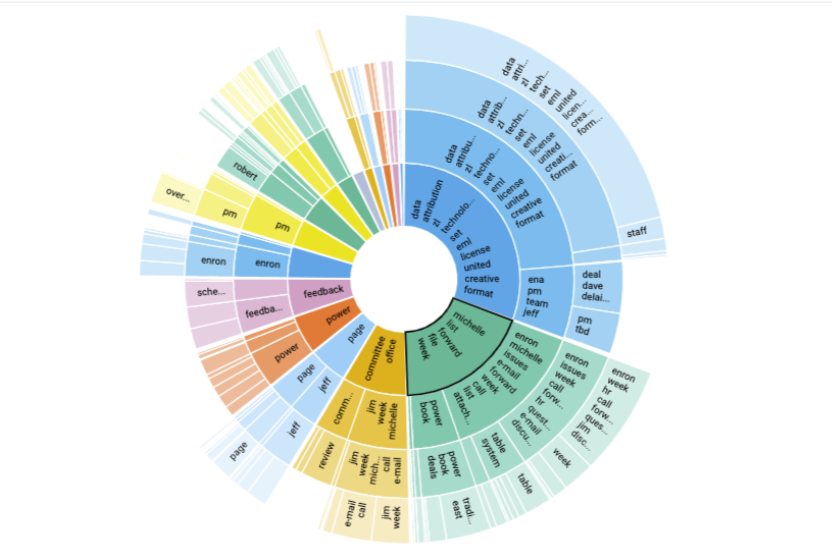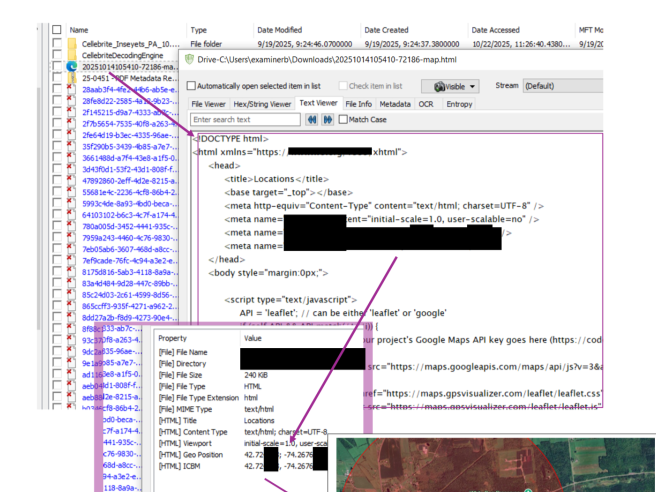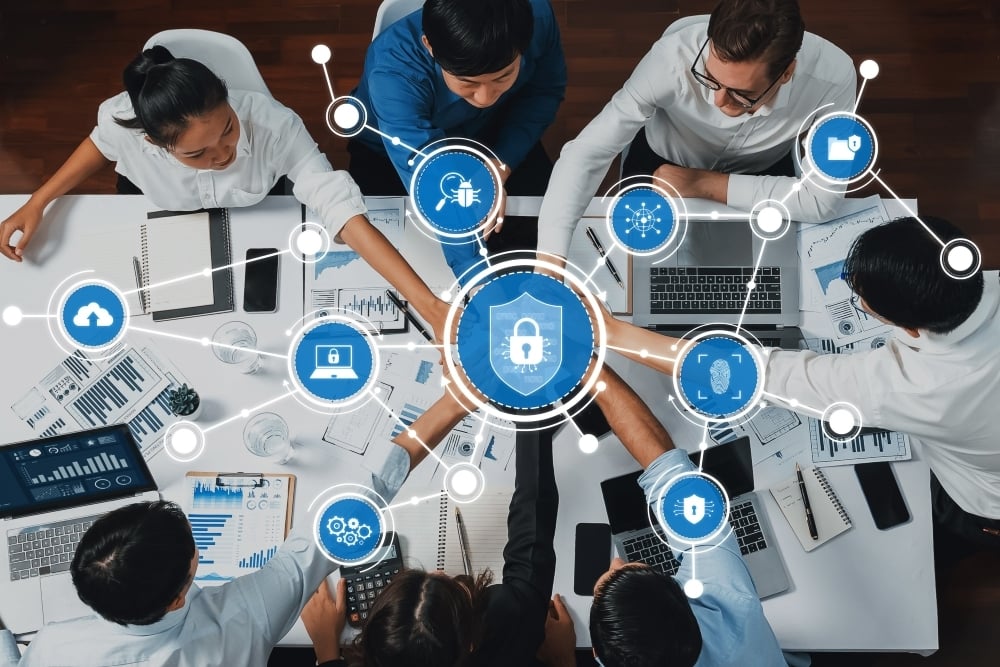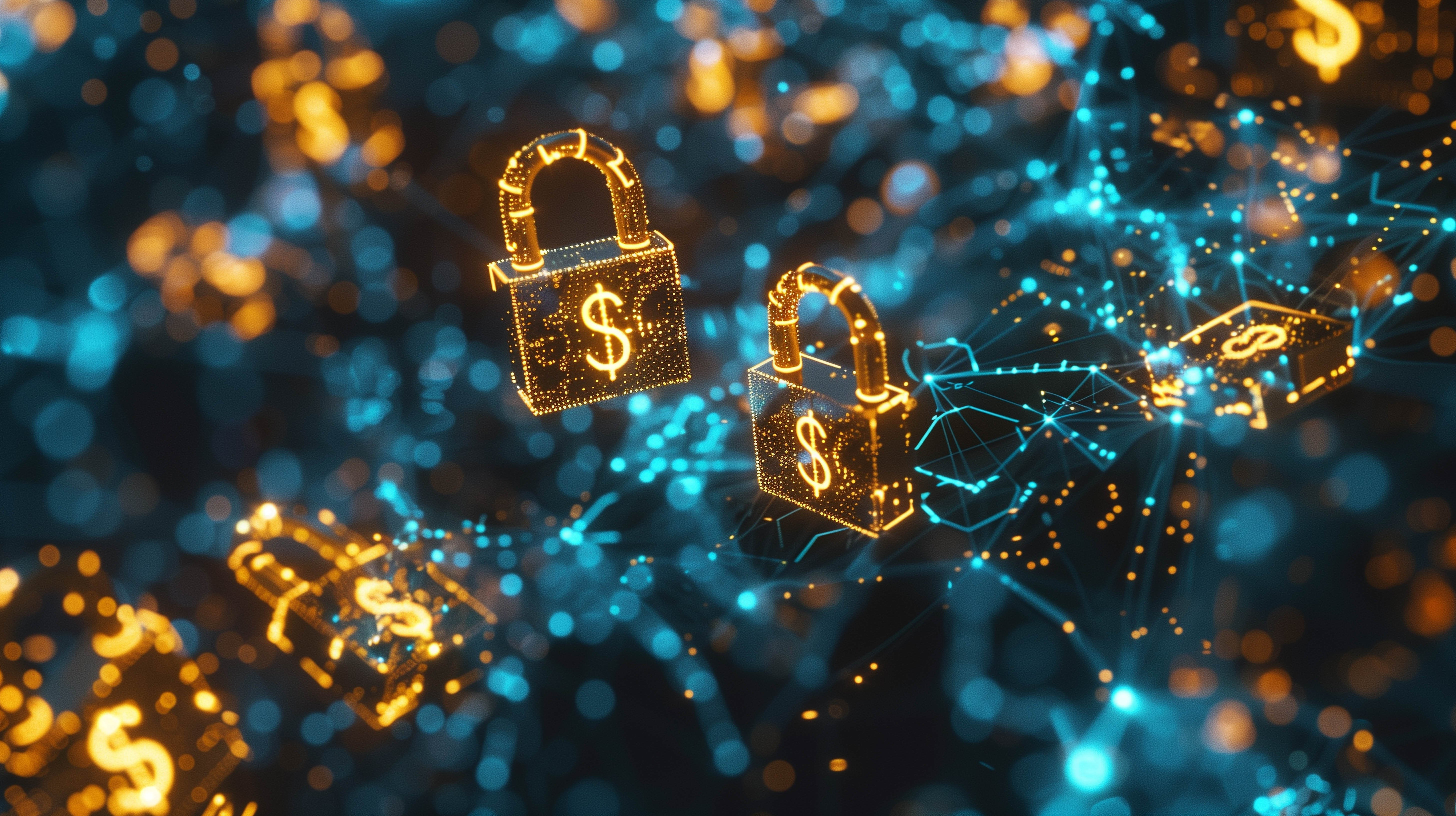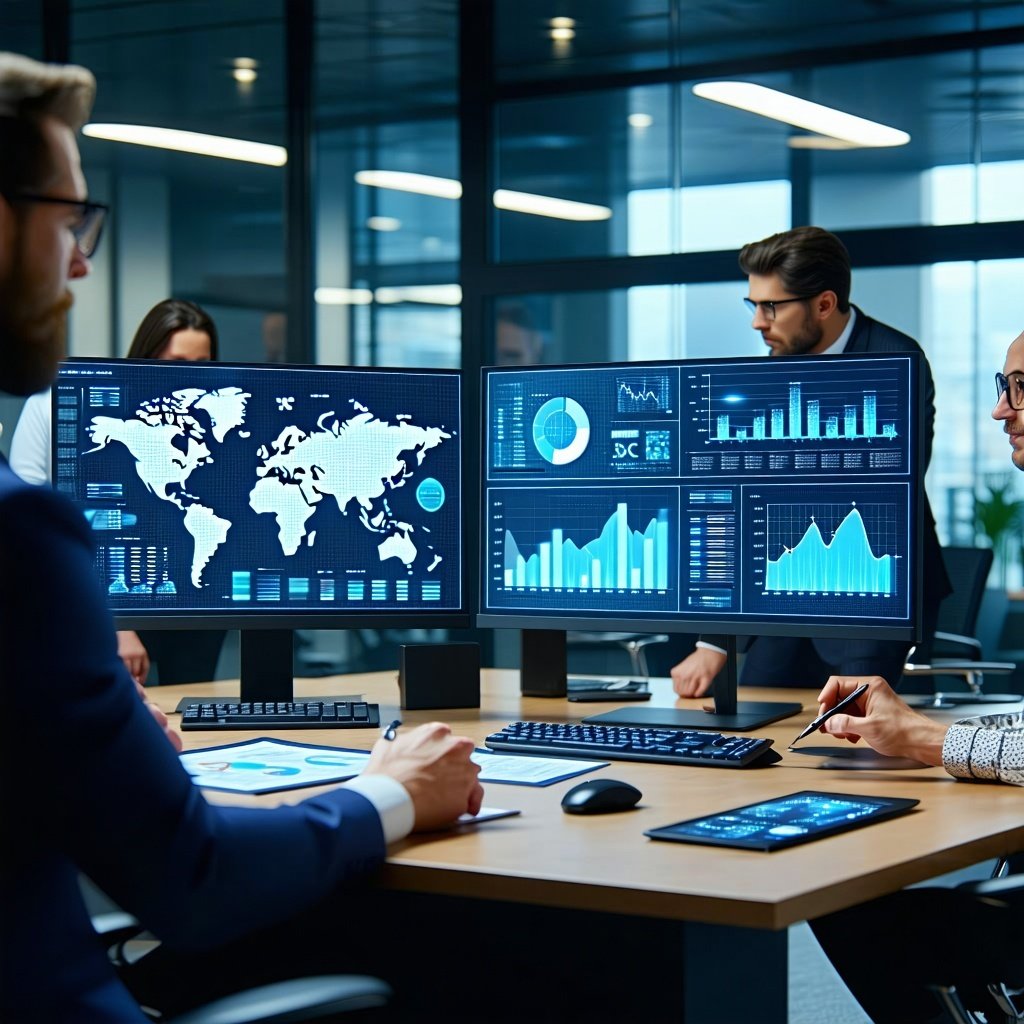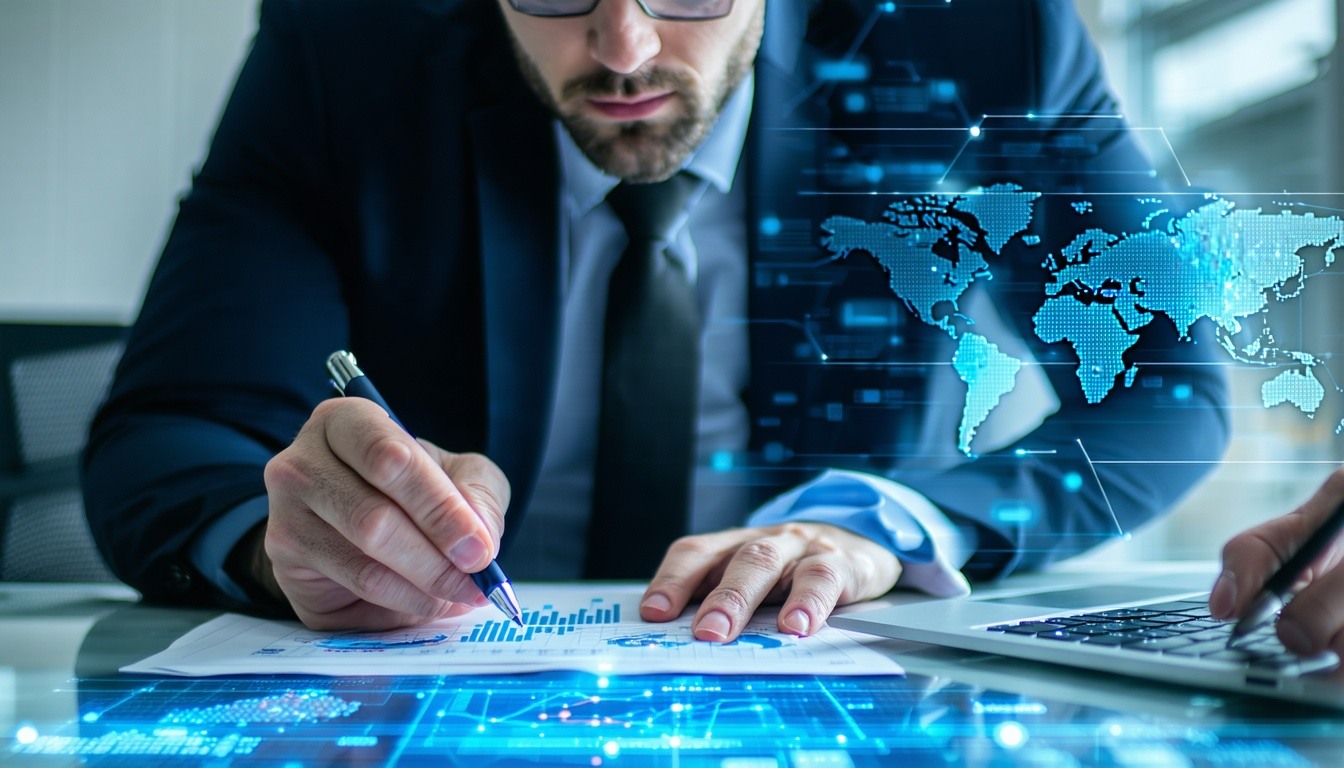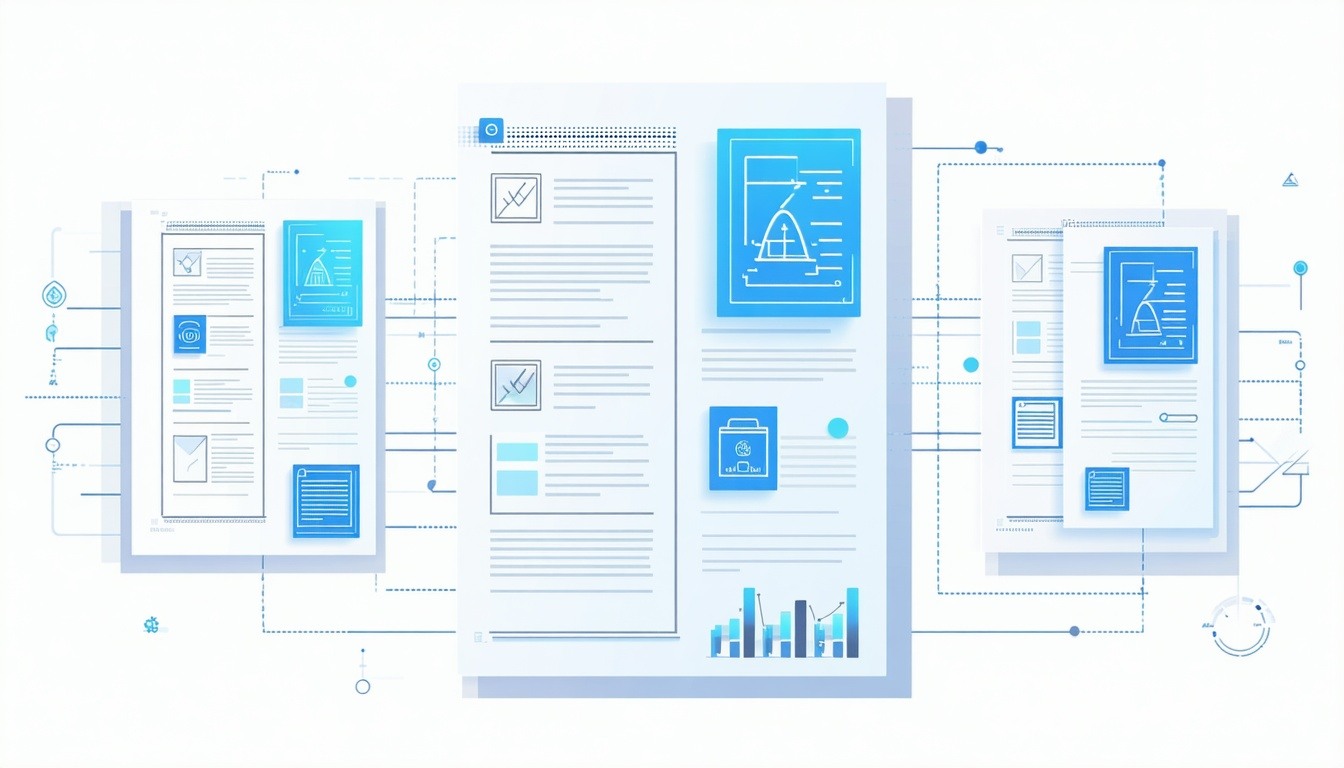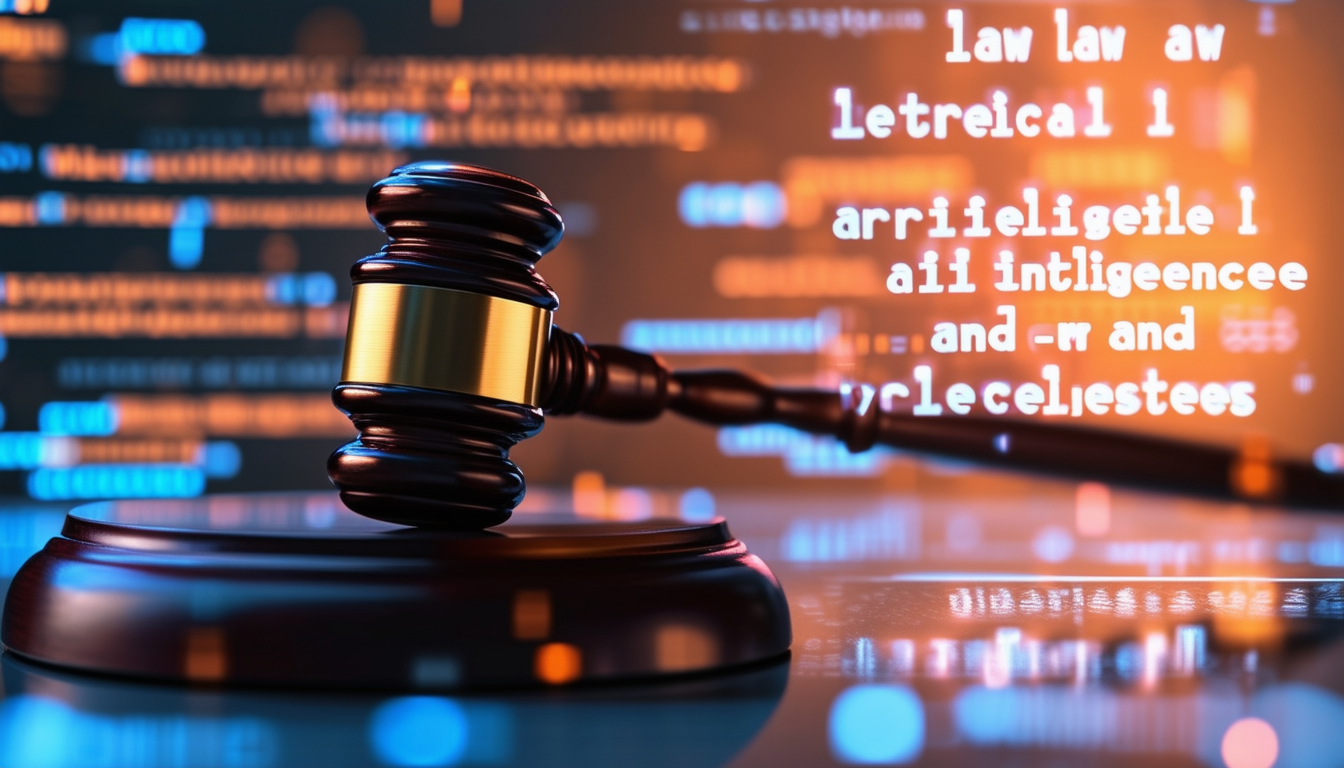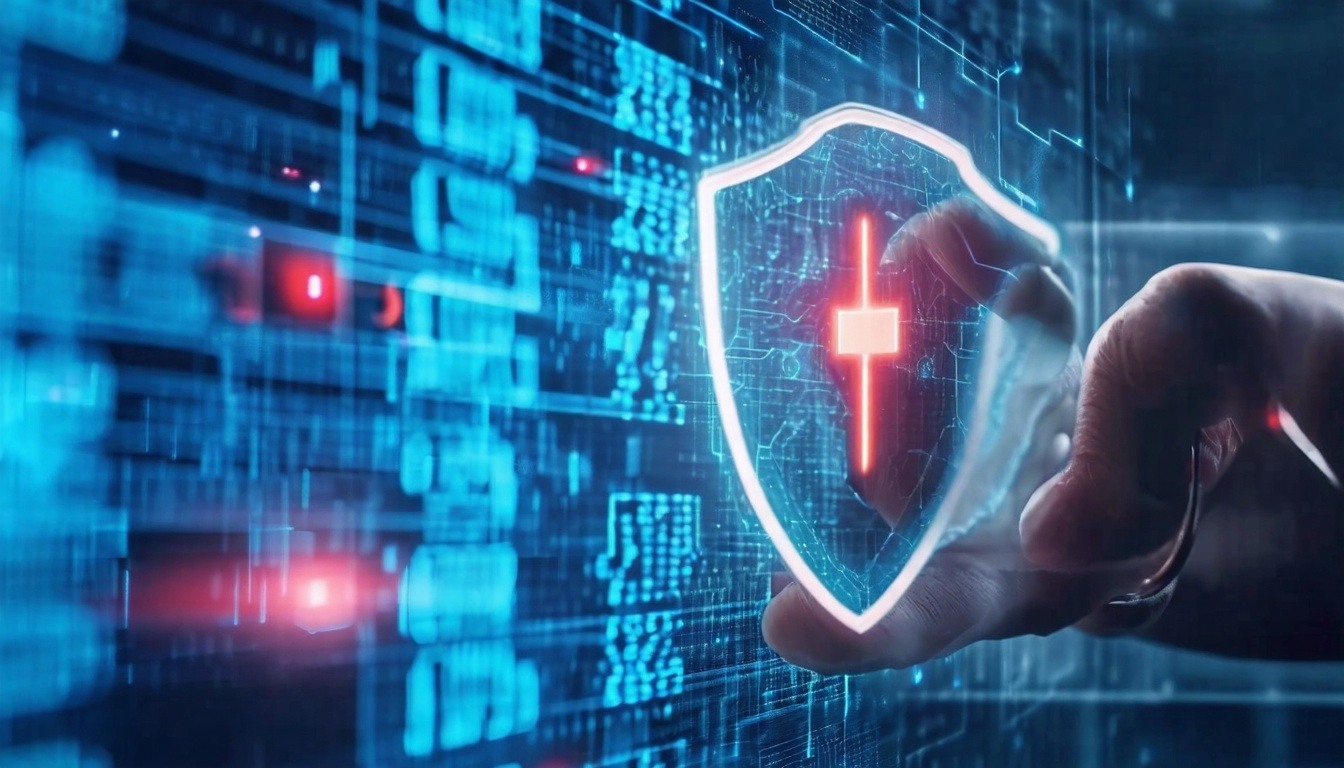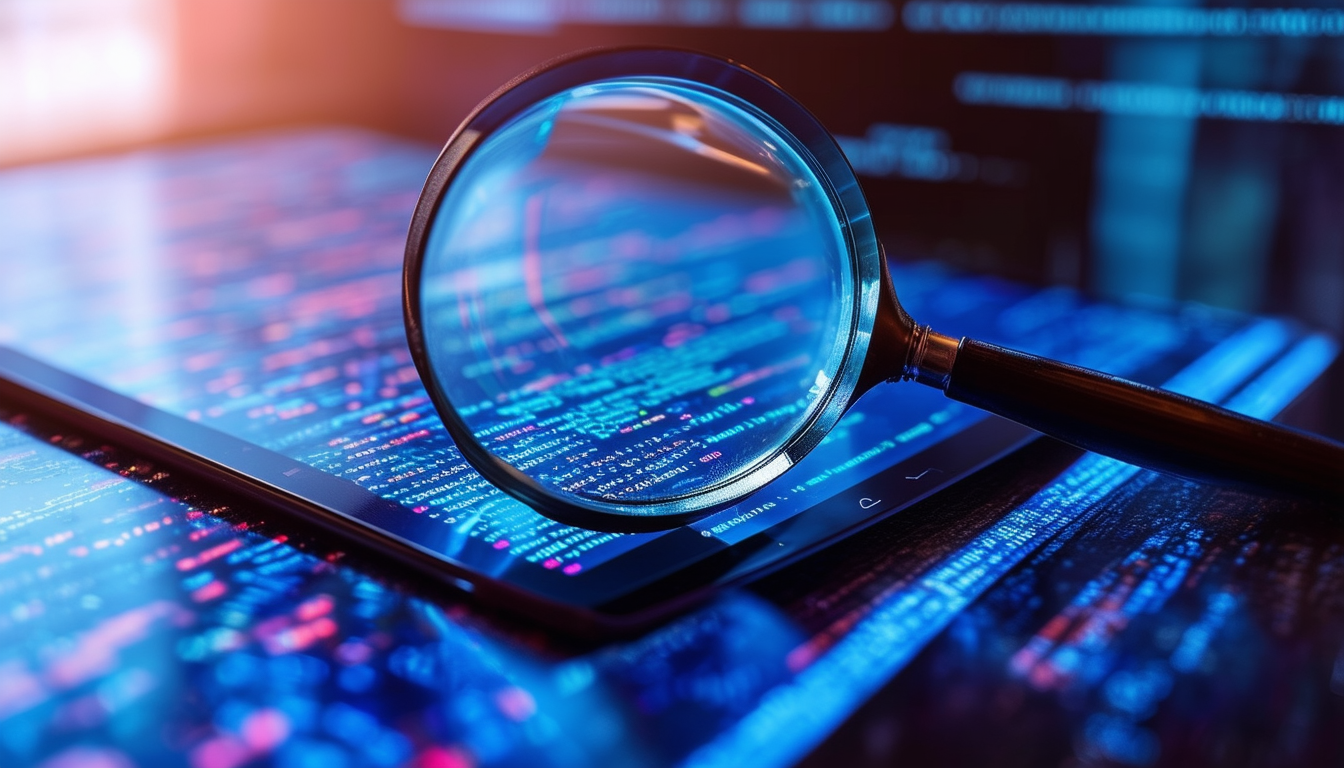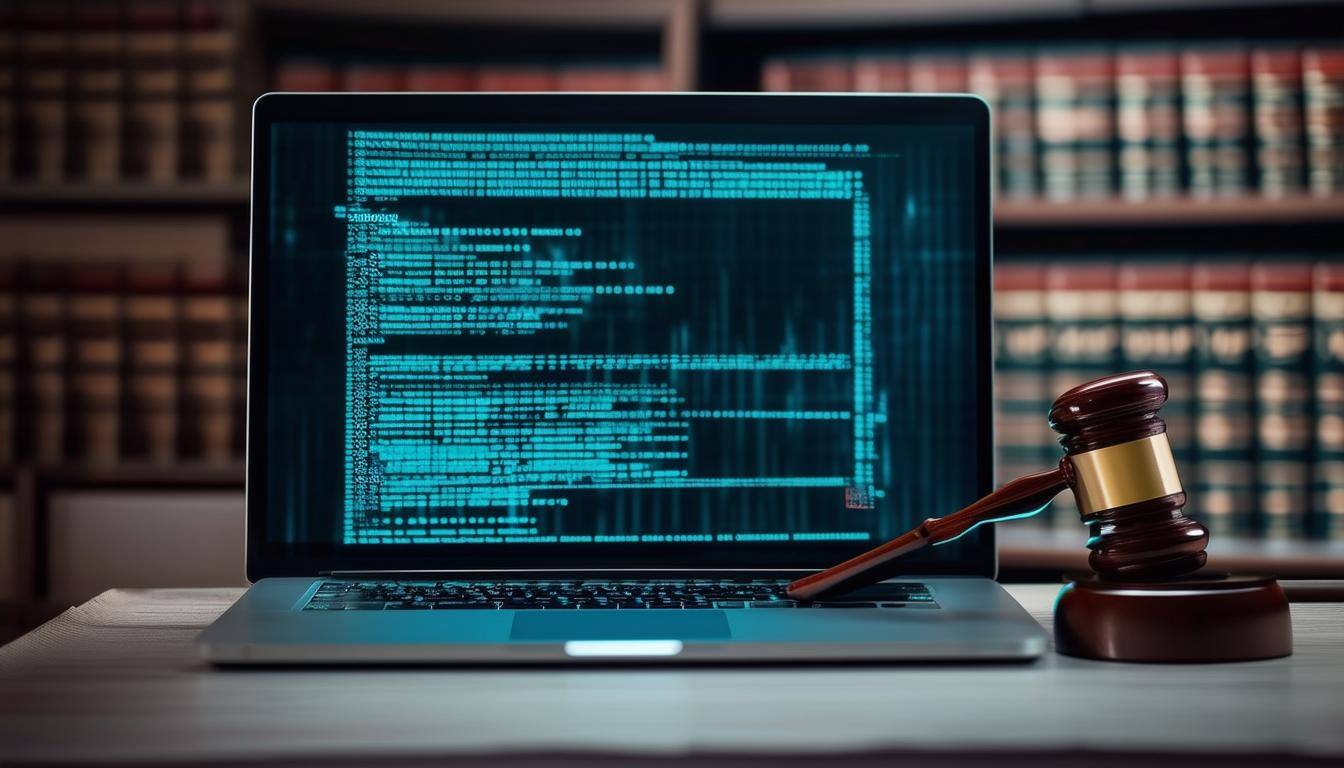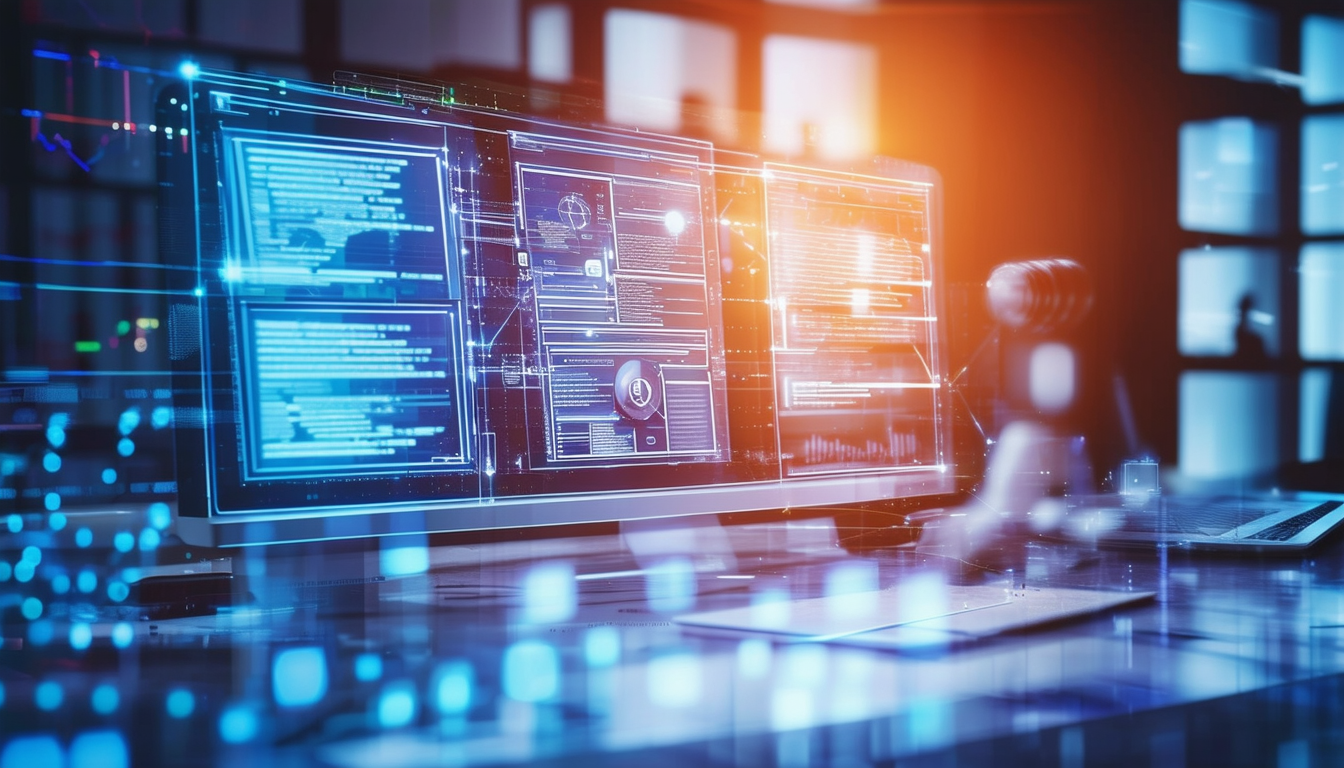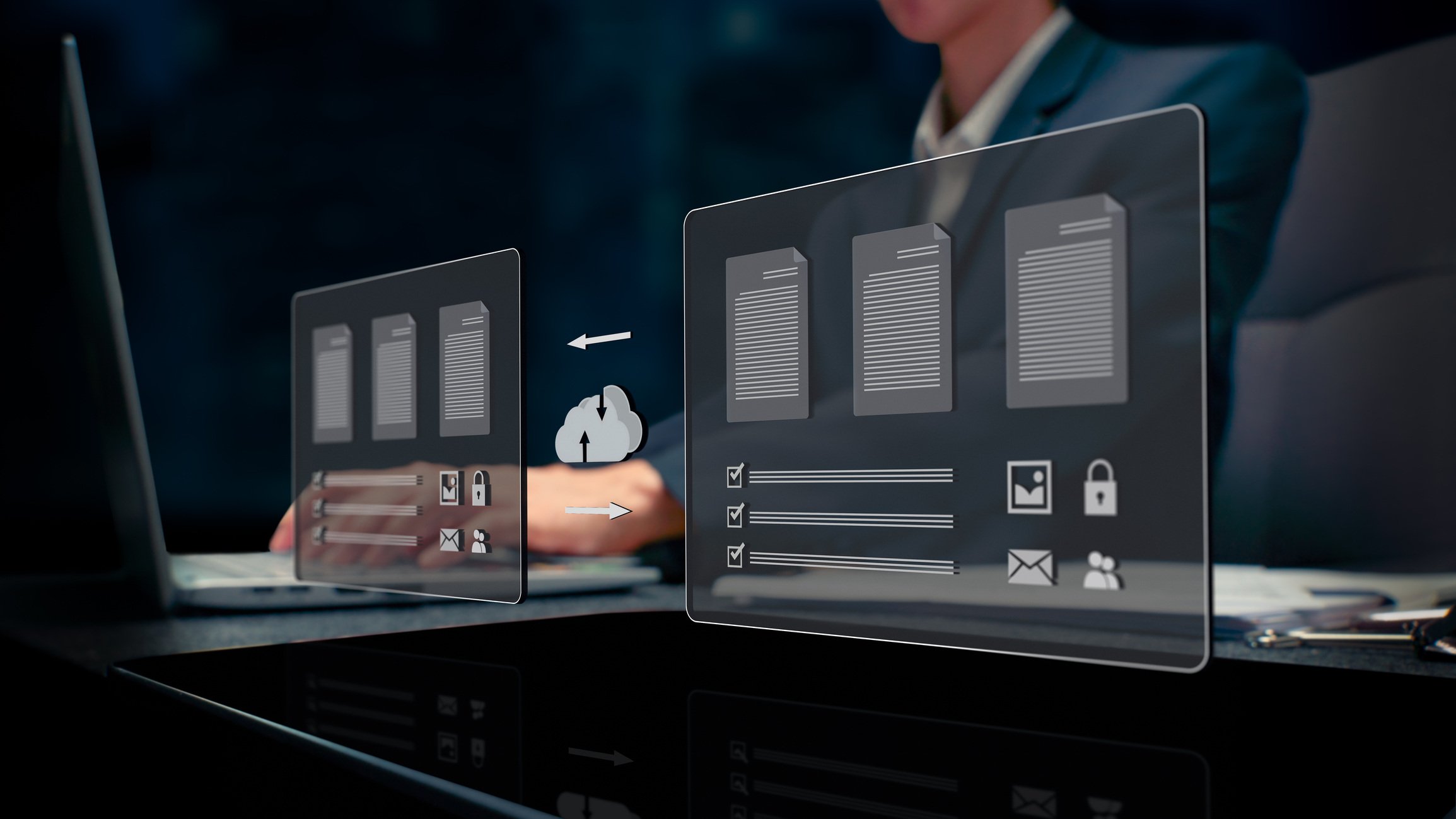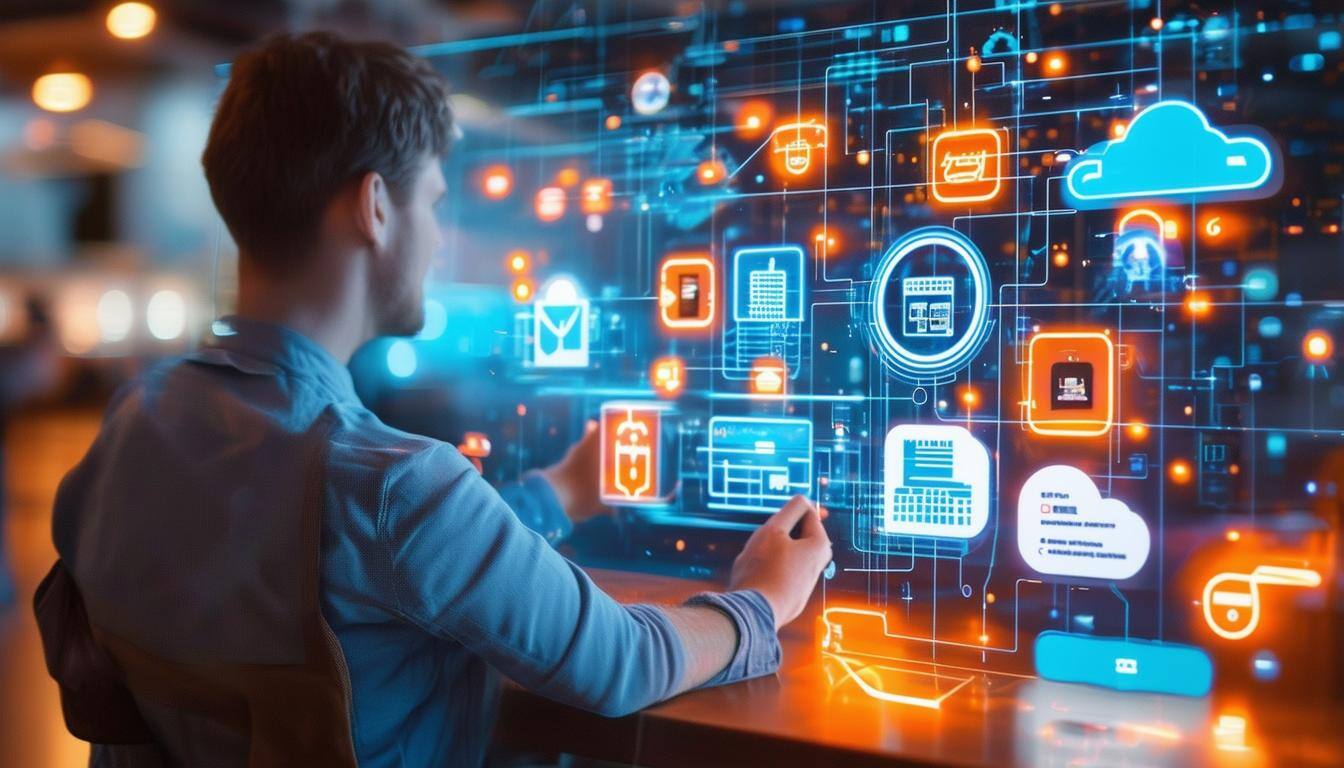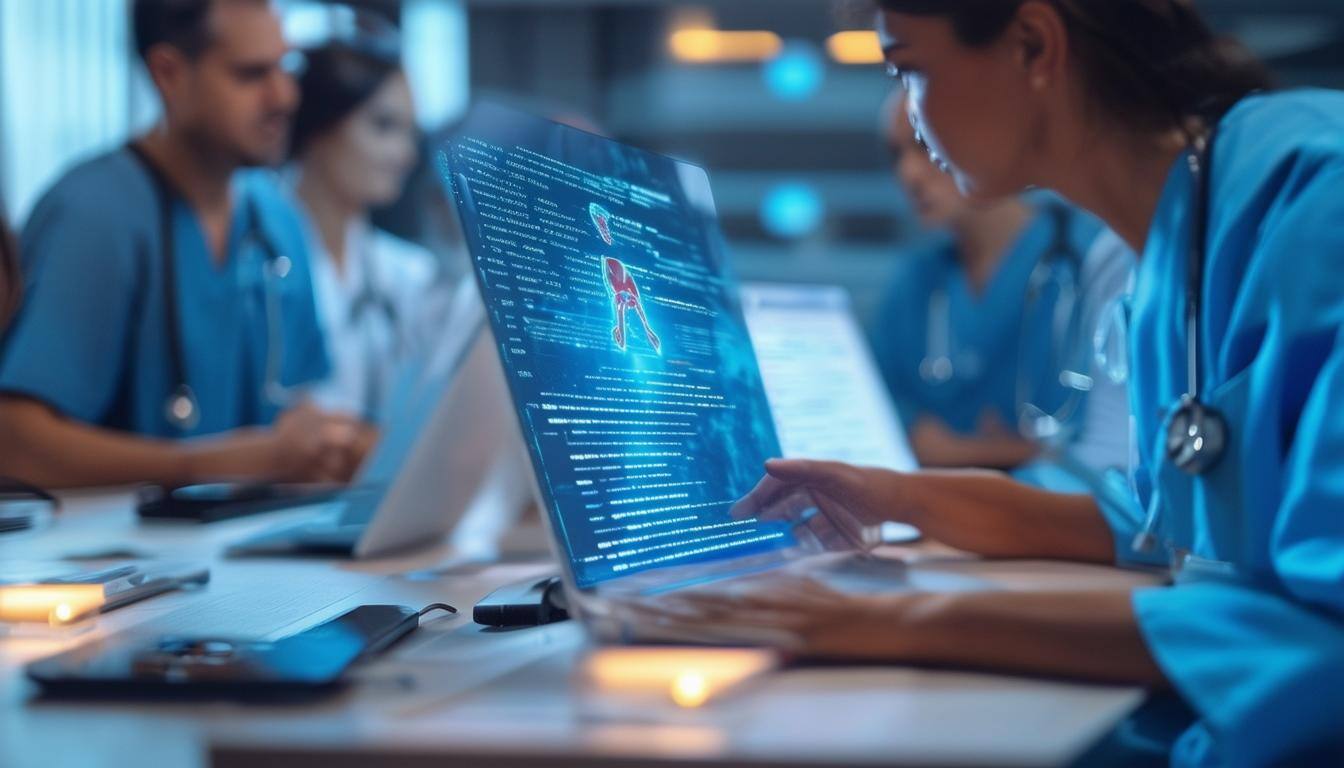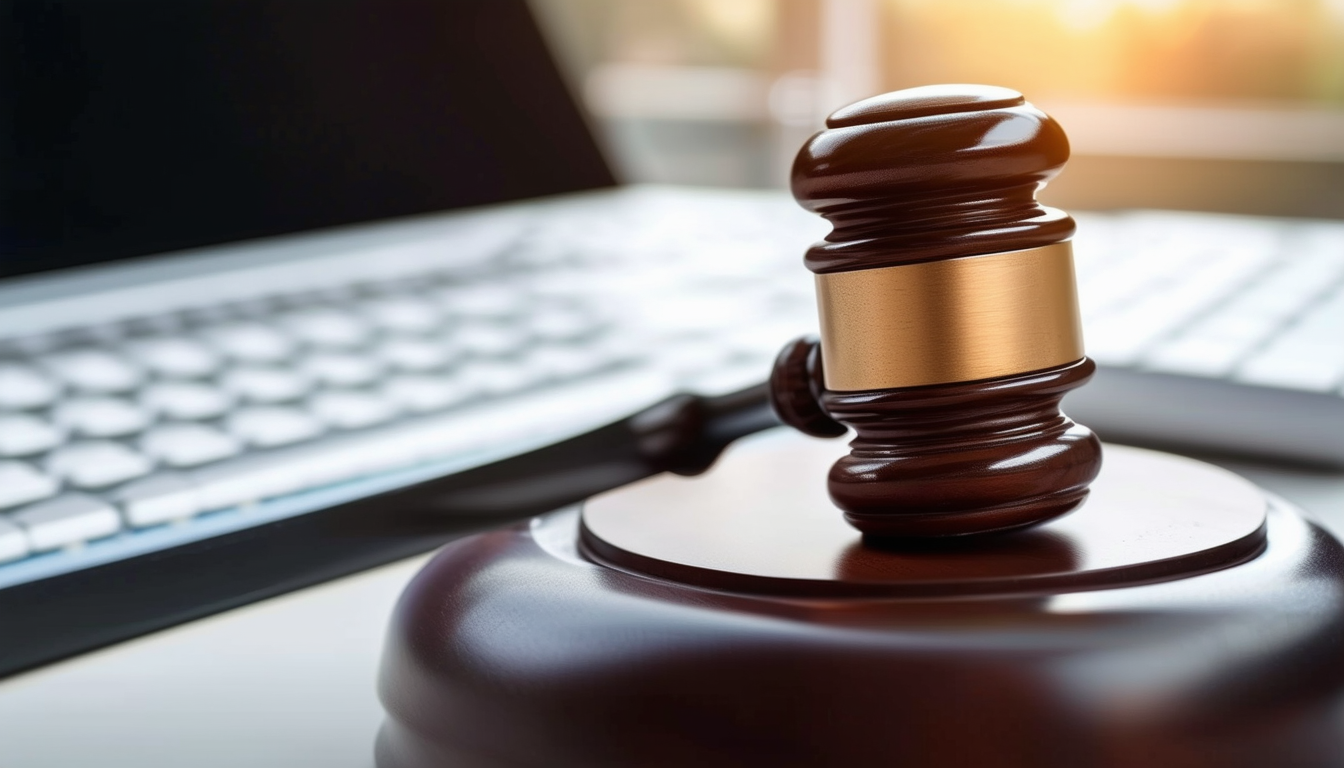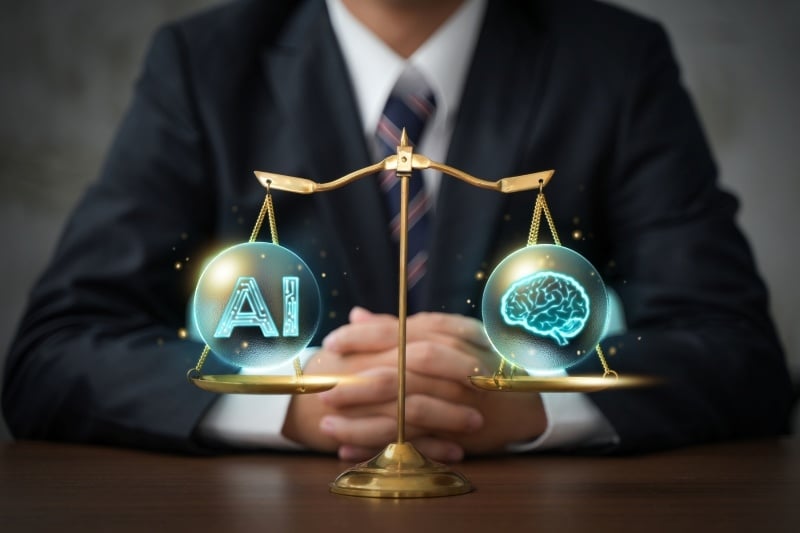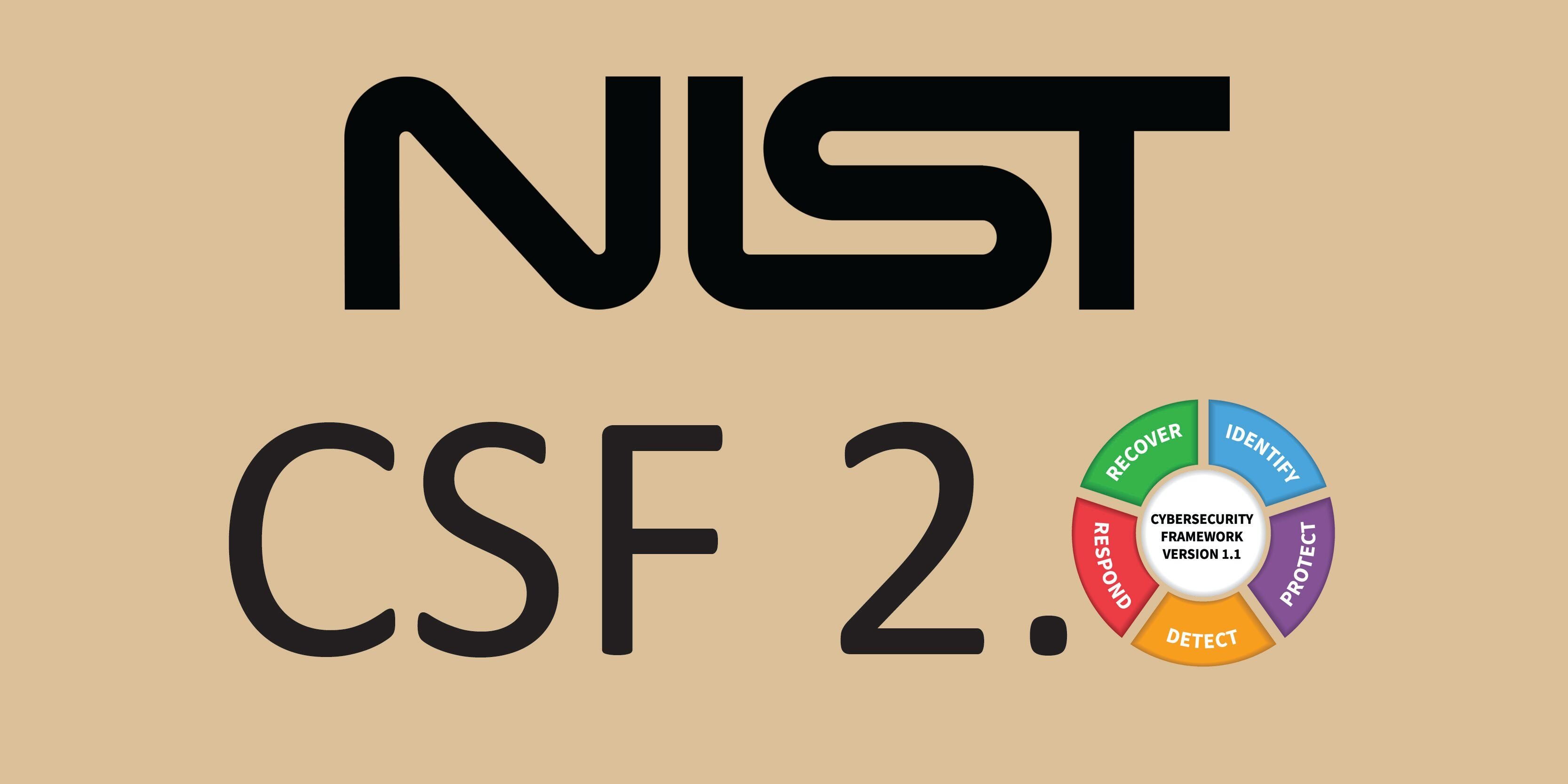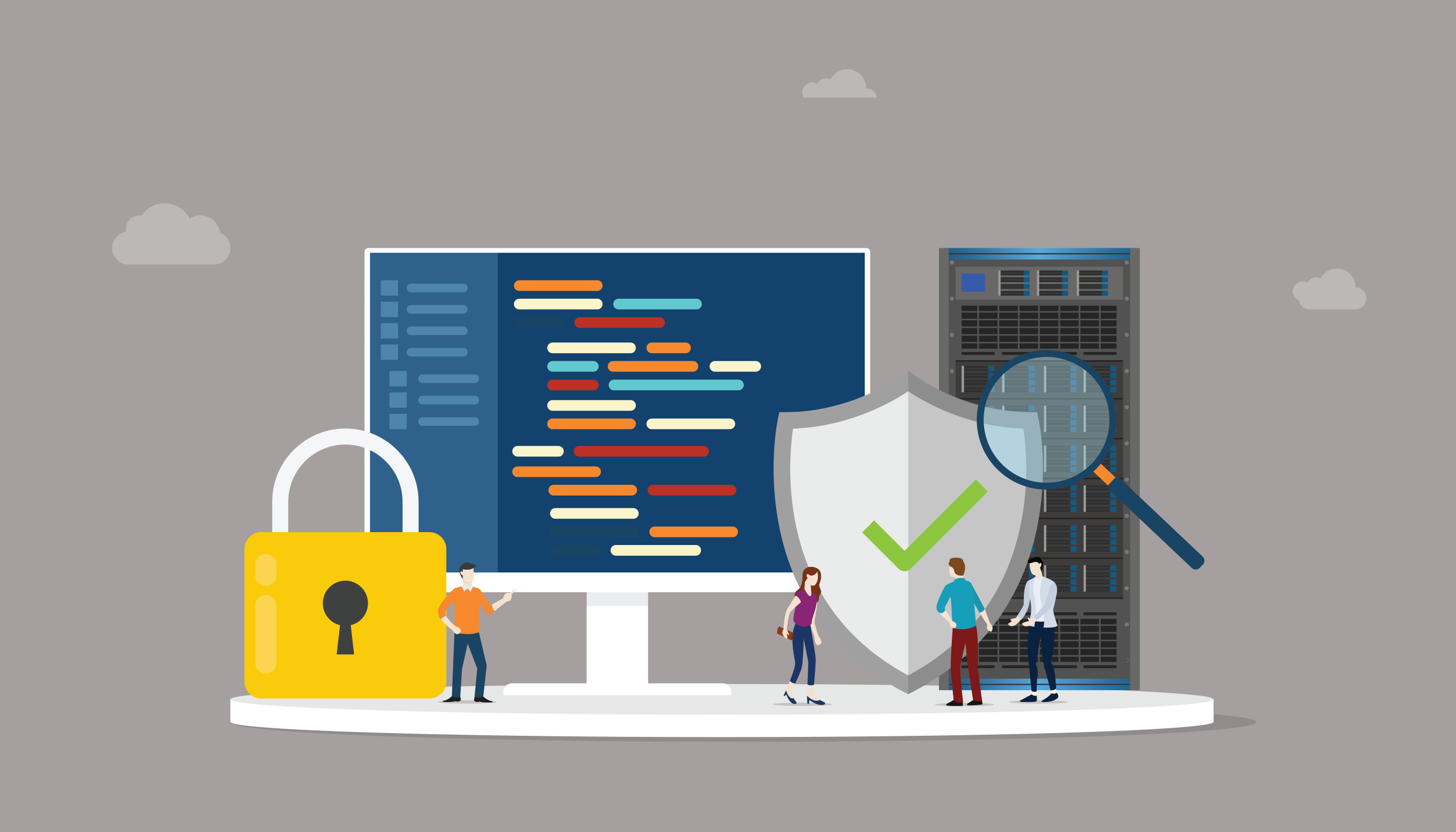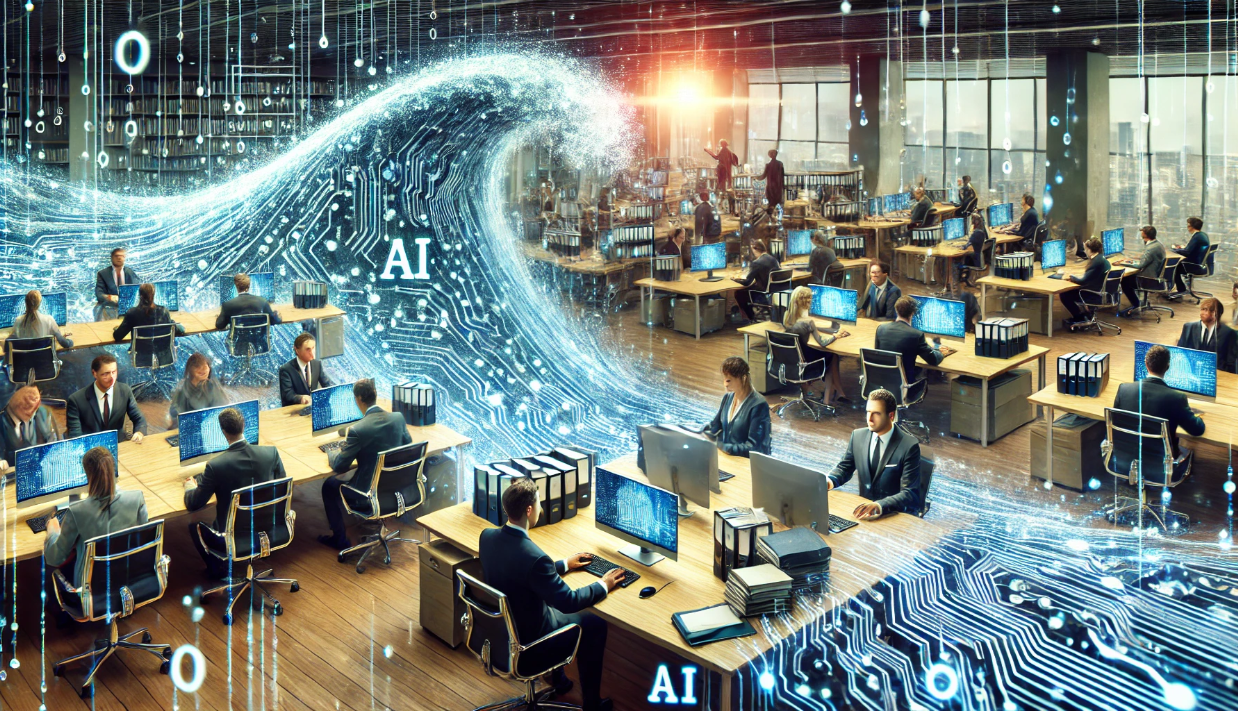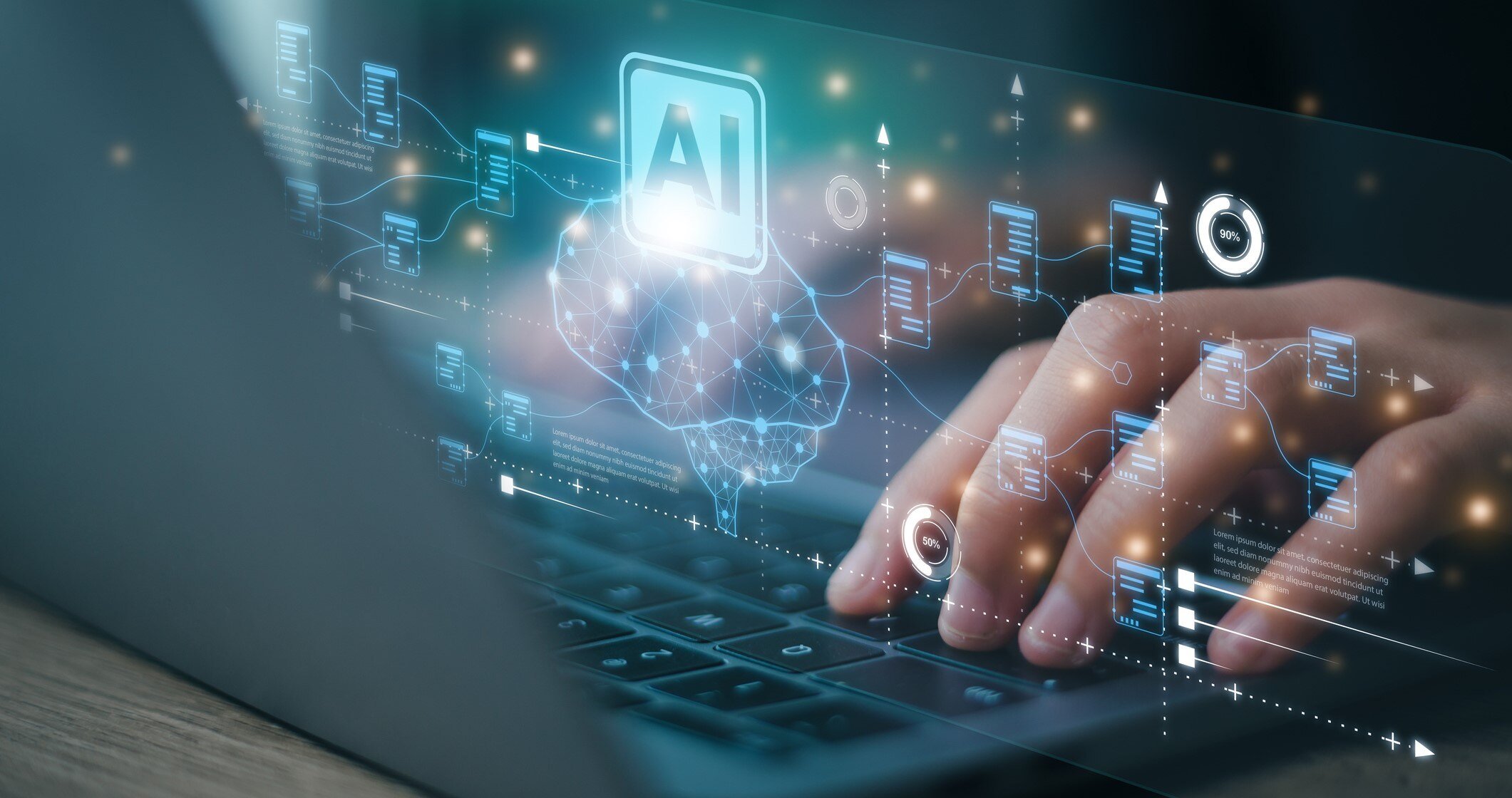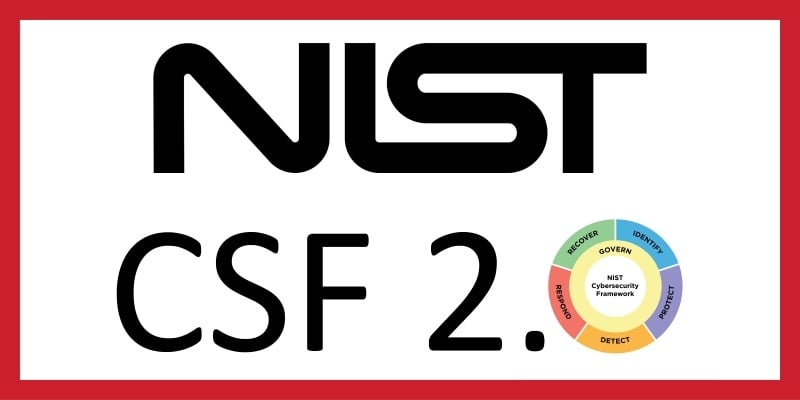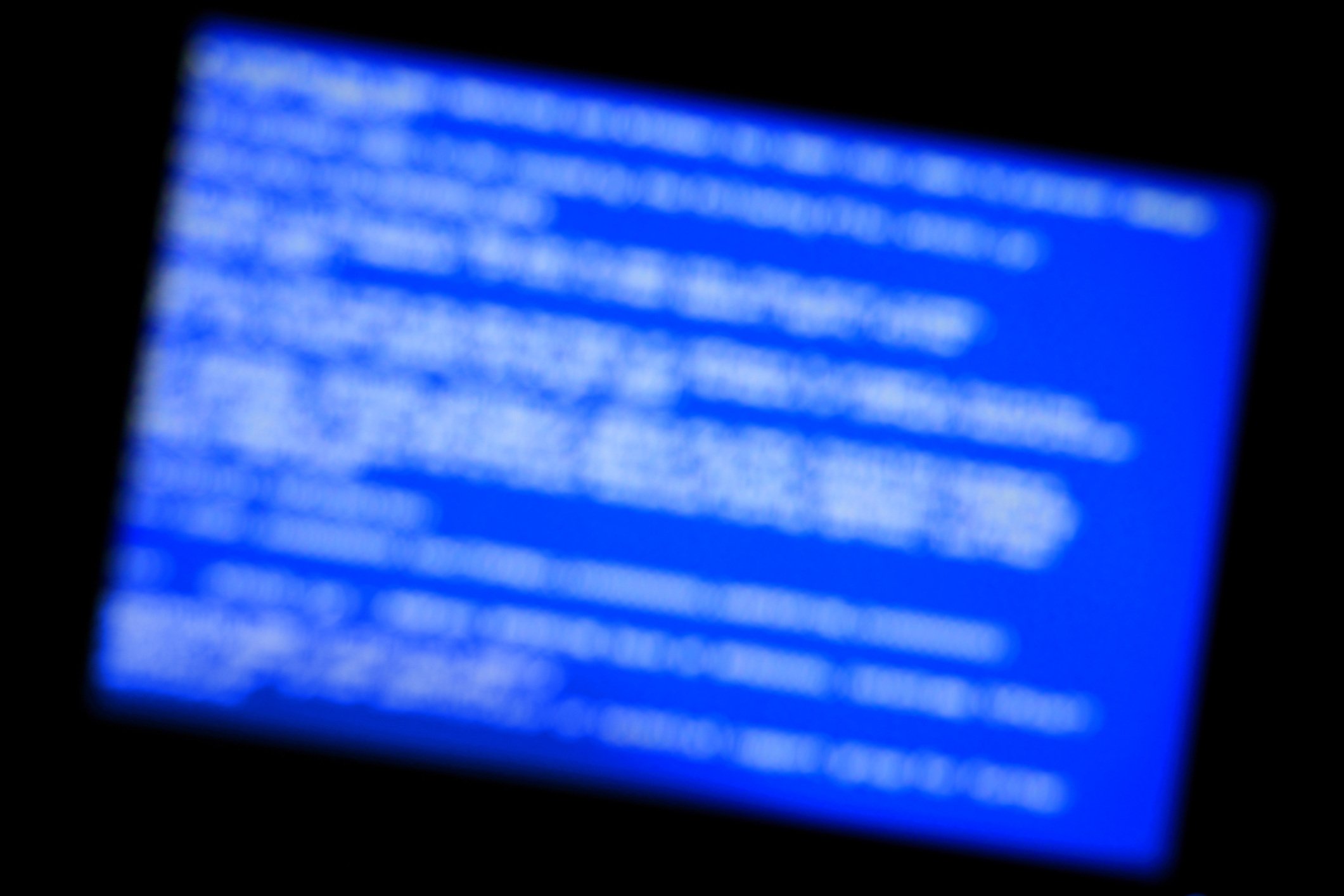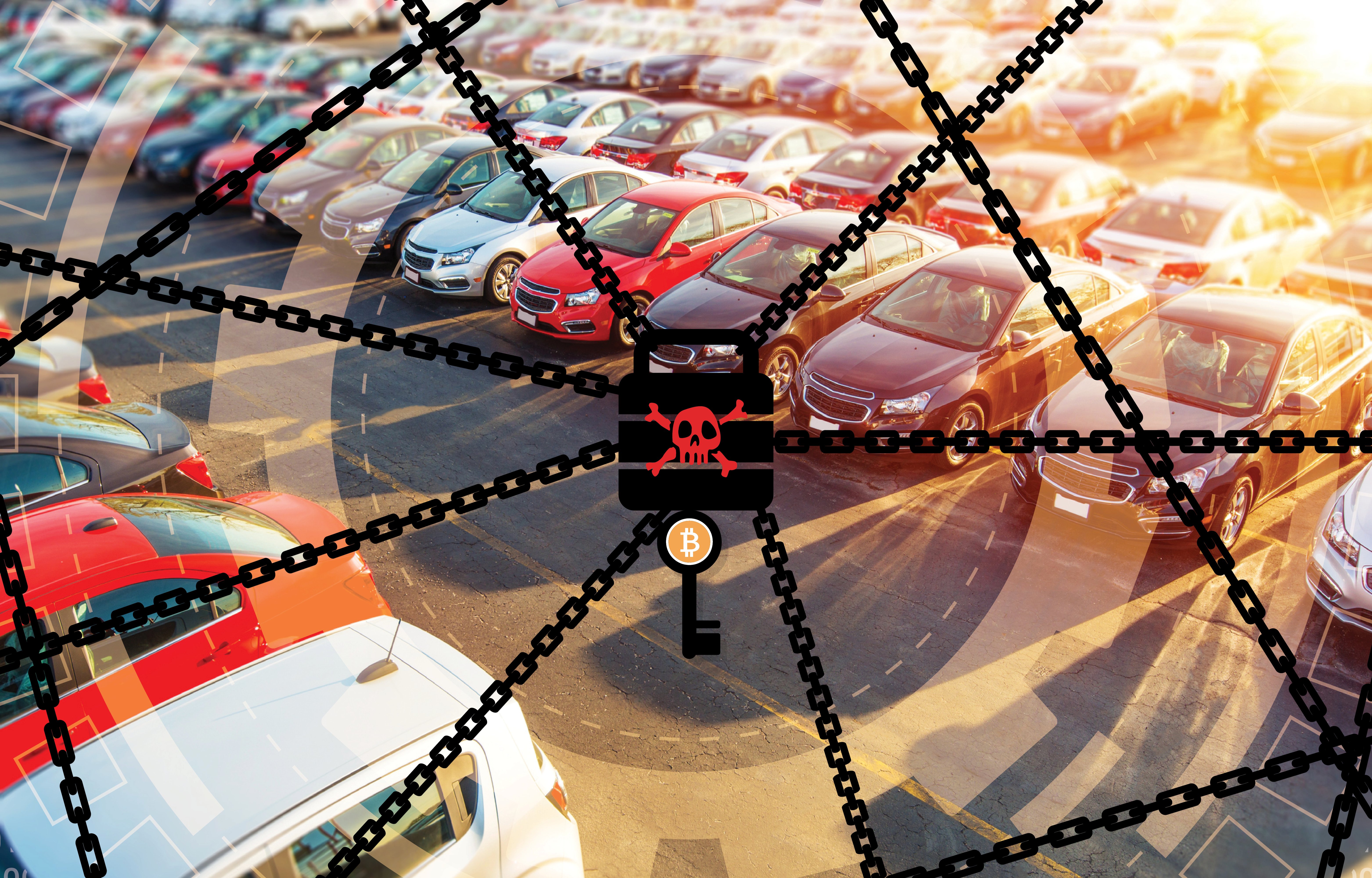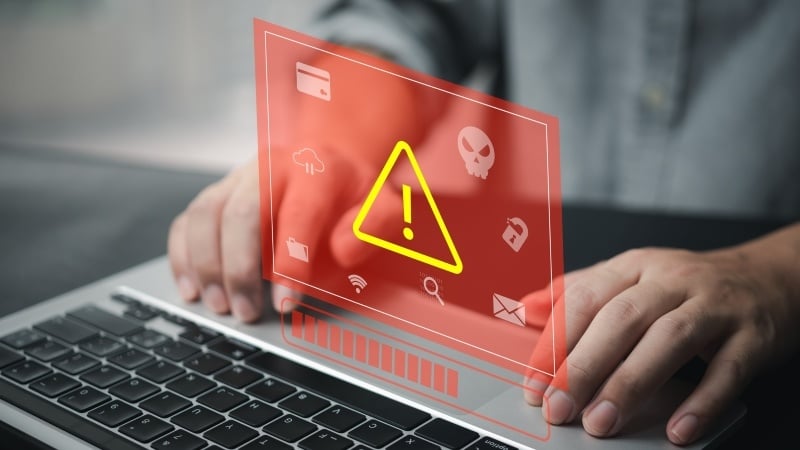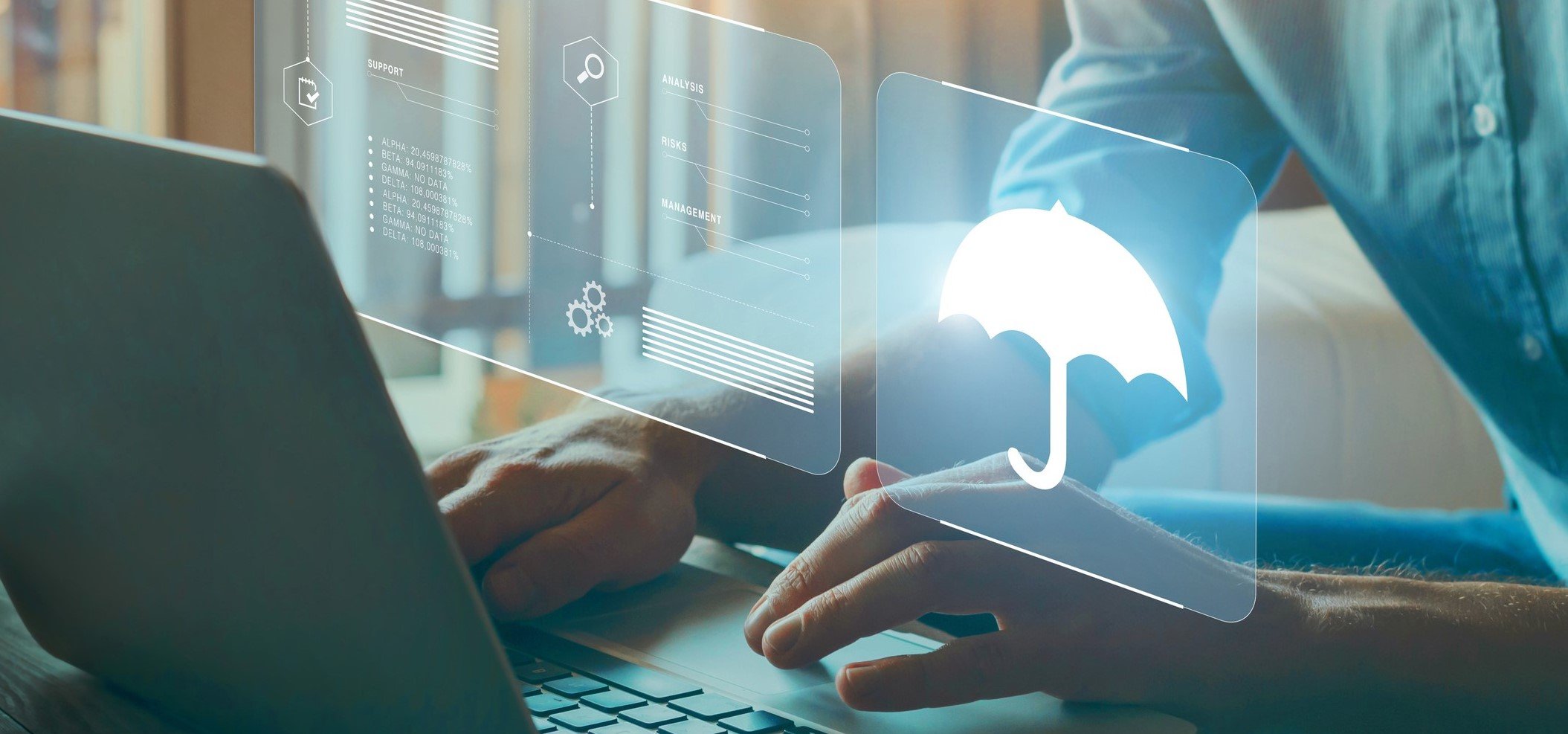Blog Articles
Why Proper Digital Forensics is Critical for Admissibility
5 minute read
Every once in a while, we like to show off one of our hard-working, detail-oriented problem solvers. Take a moment to see who's in the spotlight today!
In the wake of a cybersecurity incident, executives often pose a deceptively simple question to their incident response teams: “Can you tell us exactly how the attackers got in, what they did while inside, and whether they’re still there?”
Every once in a while, we like to show off one of our hard-working, detail-oriented problem solvers. Take a moment to see who's in the spotlight today!
When facing off against Big Law, midsize firms often grapple with a familiar challenge: delivering the same quality of representation – with a fraction of the resources. The good news? With the right technology and support, smaller firms can compete head-to-head on insight, strategy, and results.
Avalon is thrilled to announce that Deborah Jillson has been appointed Chief Executive Officer. She brings more than two decades of leadership experience in legal technology, financial services, and high-growth service organizations. Her appointment reinforces Avalon’s commitment to strengthening services nationally, elevating client experience, and accelerating strategic growth across its full suite of litigation support and legal operations services.
Becoming a Relativity Master takes dedication, curiosity, and a drive to keep learning. In this blog, Jason Haag, Avalon’s Operations Support Specialist, talks about what this achievement means to him, how it reflects his commitment to excellence in eDiscovery, and how it benefits our clients every day.
When it comes to digital evidence, what you can’t see is often just as important as what you can. In the legal world, that unseen layer is called metadata and understanding it can be the difference between winning and losing a case.
Every once in a while, we like to show off one of our hard-working, detail-oriented problem solvers. Take a moment to see who's in the spotlight today!
Achieving Relativity Master certification is a milestone that reflects deep technical expertise, advanced problem-solving skills, and a true commitment to excellence in eDiscovery. In this blog, Josh Burke, Avalon’s Director of Legal Tech Operations, discusses his journey toward this achievement, what it means to him personally, and how it strengthens the services we deliver to our clients.
At Avalon, we’re dedicated to delivering exceptional eDiscovery expertise and world-class customer service every day. Our commitment to excellence is reflected in our recognition as a Relativity Silver Partner, earned in 2022, and in the achievements of two core team members who attained the prestigious Relativity Master certification in 2024.
Every once in a while, we like to show off one of our hard-working, detail-oriented problem solvers. Take a moment to see who's in the spotlight today!
As a cybersecurity leader who’s seen too many breaches start with the simplest oversights, I often say: “You can’t build castles on a sand foundation.” In today’s landscape, where ransomware attacks are a daily occurrence for businesses large and small, basic cybersecurity hygiene isn’t optional; it’s your first line of defense – the basics that keep your organization resilient.
September 2025 has been a powerful reminder that today’s greatest cyber risks often come from the software we rely on most. In just a few short weeks, organizations faced a wave of critical zero-day vulnerabilities across remote access gateways, communication apps, password managers, and even everyday utilities. These weren’t hypothetical risks – they were live, actively exploited threats.
Every once in a while, we like to show off one of our hard-working, detail-oriented problem solvers. Take a moment to see who's in the spotlight today!
In the high-stakes world of business, where decisions can make or break empires, I’ve often found myself drawing parallels between corporate strategy and military operations. As someone deeply immersed in AI, AI security, and aligning technology with business objectives, I've seen firsthand how overlooking key elements – like cybersecurity – can lead to catastrophic failures.
Cybercriminals are increasingly targeting organizations and individuals by intercepting legitimate email communications and altering wire transfer instructions. This sophisticated form of business email compromise (BEC) has led to billions in financial losses globally. The attackers exploit trust, timing, and lack of verification protocols to redirect funds into fraudulent accounts, often irreversibly.
Too many organizations treat incident response (IR) like a fire extinguisher: break glass when needed. But real resilience is built long before the alarms go off.
When intellectual property (IP) litigation collides with the world of eDiscovery, it introduces a layer of complexity that traditional document review workflows aren't always prepared to handle. From dense patent filings to proprietary source code and deeply technical product specs, legal teams navigating IP disputes must adapt their review strategies to keep pace with the specialized nature of the data.
The digital evidence landscape is changing – fast. What used to be a relatively straightforward process of collecting emails and documents has become a much more complex challenge. In today’s legal matters, relevant data may live across social media platforms, cloud-based collaboration tools, mobile apps, and beyond.
Corporate in-house counsel face increasing challenges in managing data collections and digital forensics. Leveraging the expertise of an experienced outside vendor can be a game-changer.
The legal industry is undergoing a revolutionary transformation with the advent of AI-powered document automation, streamlining processes and enhancing efficiency.
In the ever-evolving landscape of legal technology, the discoverability of ChatGPT prompts in litigation is a pressing concern for attorneys and clients alike. Understanding the nuances of relevance, privilege, and emerging case law is paramount.
Healthcare is facing some major changes thanks to the latest proposed updates to the Health Insurance Portability and Accountability Act (HIPAA) Security Rule. These changes are a big deal: they’re the biggest updates we’ve seen in years and they’re all about keeping patient data safer in today’s digital world.
Nearly every aspect of our lives – personal, professional, and financial – leaves behind a digital footprint. From smartphones and laptops to cloud systems and even Internet of Things (IoT) devices, data is constantly being created, stored, and transmitted.
In 2025, law firms will continue to be prime targets for cybercriminals looking to exploit sensitive client data, disrupt operations, and ransom valuable information. With technology advancing at a rapid pace, so are the tactics used by cyber attackers, making it essential for legal professionals to stay ahead of emerging risks. From sophisticated ransomware attacks to insider threats, law firms must proactively address these challenges to safeguard sensitive data and ensure compliance with ever-evolving regulations.
In the fast-paced world of eDiscovery, vast amounts of data must be reviewed and processed quickly, yet accurately. Traditional methods of privilege review, where legal professionals manually sift through documents to identify privileged information, are labor-intensive, prone to human error, and inefficient. That’s why artificial intelligence (AI) has been a game changer, automating privilege review and dramatically improving both speed and precision in the eDiscovery process.
Migrating data to a new or updated eDiscovery platform enables your organization to take advantage of enhanced features, increased security, better data management, and/or cost savings – or to consolidate data from multiple sources. Data migration ultimately streamlines the legal discovery process, boosts efficiency, and provides access to advanced analytics and capabilities offered by the new platform.
Although emails, texts, and cloud-based data are commonplace, paper documents continue to play an essential and significant role in the legal discovery process. Many legal matters still involve a combination of old and new records, and the authenticity, integrity, and legal weight of physical documents cannot always be fully replaced by digital equivalents. That’s why Avalon still provides paper discovery – scanning and digitizing paper records – in addition to electronic discovery, to our clients.
The team at Avalon just wanted to remind you that the New York Department of Financial Services (NYDFS) cybersecurity regulation deadline is fast approaching. As part of NY DFS Cybersecurity Regulation 23 NYCRR 500, companies regulated by NYDFS are required to complete and file their annual cybersecurity compliance certification with the department.
Internet of things (IoT) forensics refers to the application of forensic techniques to retrieve, preserve, and analyze data from IoT devices in legal proceedings. IoT devices include everything from smartphones and tablets to connected cars, medical devices, and even home appliances like refrigerators or thermostats. These devices often store critical information, such as user activity logs, GPS locations, health data, and more, which can be invaluable in solving cases.
A new state privacy law, recently passed by New York's legislature, is awaiting Governor Kathy Hocul’s signature and is expected to significantly complicate and restrict the processing and sharing of various health information by a wide range of organizations.
In the ever-evolving landscape of legal technology, the discoverability of ChatGPT prompts in litigation is a pressing concern for attorneys and clients alike. Understanding the nuances of relevance, privilege, and emerging case law is paramount.
In an era where data breaches make headlines, understanding data privacy regulations in eDiscovery is not just a legal necessity but a strategic imperative.
For legal document review teams, the need to sort through tens – even hundreds – of thousands of electronic documents is hardly unusual. Fortunately, the integration of artificial intelligence (AI) with human expertise has revolutionized this process. Combining AI’s speed and accuracy with human judgment and understanding improves the efficiency and accuracy of how documents are reviewed and analyzed.
In January, the National Institute of Standards and Technology (NIST) released a concept paper as they work to draft the Cybersecurity Framework (CSF or Framework) 2.0, an update to the current 1.1 Framework that was last updated in 2018, as well as associated resources such as websites, mappings, and related guidance. The purpose of the CSF is to provide guidance to organizations to better understand, manage, reduce, and communicate cybersecurity risks.
As the number and severity of cyber threats and attacks continues to rise, it’s more important than ever to make sure your organization is cyber ready. Safeguarding your environment, including the systems and data within, will both reduce risk and promote business operation continuity and security.
The phrase “managed review” came from the need to oversee a room full of attorneys poring over documents one by one, taking the knowledge gained from this large volume of electronically stored information (ESI) or scanned hard copies, and filtering it back to the litigation team who would determine how to use this information for trial.
As covered in our previous article, the New York Department of Financial Services (NYDFS) updated its Cybersecurity Regulation in 2023. To help entities roll out the changes and new requirements, they have provided phased timelines for when these items must be implemented by.
You may have heard the saying: “Change is the only constant in life.” This is certainly true of the information technology industry, which in turn, has a ripple effect on the technology, services, risk, and regulatory requirements that impact your organization and its environment.
In February 2024, the National Institute of Standards and Technology (NIST) released Version 2.0 of the Cybersecurity Framework (CSF or the Framework) which is the first significant update to the Framework since 2014 when it was first created.
You are not alone if you woke up this morning with a Blue Screen of Death (BSOD). Please reach out to the Avalon Cyber team if you need assistance: 877.216.2511.
Thousands of car dealerships’ operations slowed to a halt last Wednesday as their core dealer management system, CDK, shut down. CDK Global announced that they were investigating a cyber incident and “Out of an abundance of caution and concern for our customers, we have shut down most of our systems and are working diligently to get everything up and running as quickly as possible” according to spokesperson, Lisa Finney. The company said later that day that most of their critical systems were back online, but the next day they announced that another incident had happened.
Earlier this month, Avalon Cyber posted a poll on LinkedIn asking, “What cybersecurity threat keeps you up at night?” The choices were: external threat (for example, ransomware), internal threat (i.e., IP theft), or the birth of GenAI.
While Avalon Cyber has offered managed detection and response services for years, KnightVision MXDR, our managed extended detection and response service, provides your organization with the highest standard of cybersecurity protection available today.
There are over 33 million small or medium-sized businesses (SMBs) in the U.S. – making up over 99% of all U.S. companies – and recovering from a cyberattack can be costly to these businesses.
Avalon previously reported on proposed changes that may have a significant impact on the current 23 NYCRR Part 500 – Cybersecurity Requirements for Financial Services Companies (the Cybersecurity Regulation or Part 500) released by the New York State Department of Financial Services (NYSDFS).
Surge PE announced that it has added leading managed review and legal staffing provider, Tower Legal Solutions, to the Avalon platform. Avalon offers technology-based services like digital forensics, cybersecurity and eDiscovery, as well as business-critical document services.
There has been a lot of talk recently about artificial intelligence (AI), especially around ChatGPT, a chatbot which interacts in a conversational way. As a broad category, AI is the simulation of human processes by machines and computer systems. A few business use cases may include leveraging AI to provide fast and accurate response for customer inquiries, assisting with topic research, or reviewing patient medical history for purposes of medical diagnosis. As this technology continues to evolve, businesses are finding more and more use cases for AI programs.
